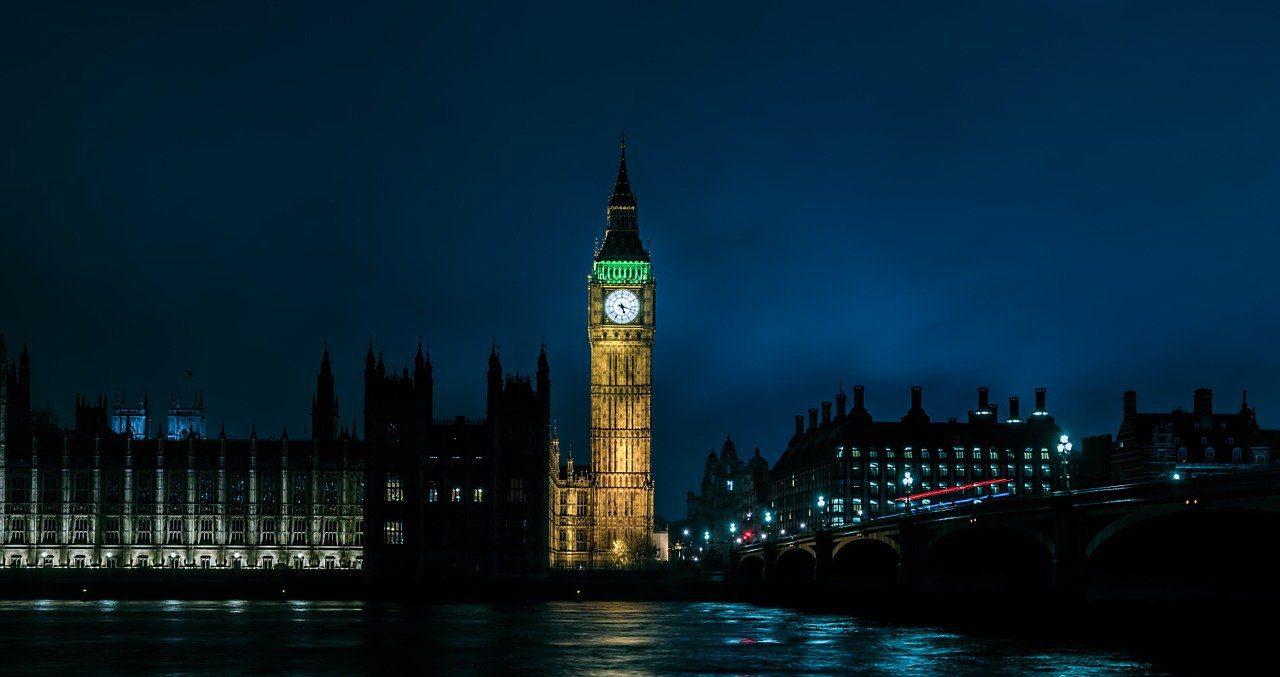
Yesterday evening, Sir Graham Brady announced to the 1922 Committee—the body that represents backbench Tory MPs—that Prime Minister Boris Johnson had won the vote of confidence in his leadership.
All 359 Conservative MPs cast their votes, with 211 supporting Johnson and 148 opposing him. This gives the prime minister a majority among his own MPs of just 59%—worse than the 63% achieved by Theresa May in December 2018 when a similar vote was forced by her very unpopular Brexit withdrawal agreement. That did not prove to be a very secure mandate for May, who six months later was forced to resign in any case. It is highly unlikely that Johnson will feel more reassured than his predecessor did. When they are this slim, technical majorities do not count for much according to the internal politics of the Conservative party. As May came to discover, it is extremely difficult to govern the nation when so many of your own MPs are expressly against your leadership. The truly significant fact is that Johnson performed worse in his confidence vote than May did in hers over three years ago.
That said, there are two important differences between May’s problems in 2018/19 and Johnson’s situation at the moment. One of them is favourable to Johnson, the other less so.
First, the prime minister will be relieved that the Partygate scandal which prompted the confidence vote is more or less in the past. One qualifier to this is the risk that the current investigation by the privileges committee might find him guilty of knowingly misleading Parliament, which is conventionally a resigning offence and would in all likelihood cause a second confidence vote. Failing that, Johnson can rest assured that the worst of Partygate is behind him. Theresa May was not so lucky. The issue in 2018/19 concerned gridlock over Brexit. This was never going to disappear until it had been solved and May lacked the parliamentary majority to do it.
When the Conservative party came in fifth in the 2019 European elections, May had no choice but to resign, since she had lost all control over her own agenda and could not count on opposition votes to get her way. Johnson, meanwhile, still enjoys a considerable majority in Parliament. It is within his power, in other words, to reset the agenda and prove himself to colleagues.
Unsurprisingly, this was Johnson’s focus in the aftermath of his disappointing margin of victory. In reaction, he addressed the cameras and shifted the conversation to one about priorities. As well as pretending to be thrilled by the result (quite clearly he had expected a higher number of his MPs to back him), the prime minister highlighted the need to focus on “what really matters to people,” including the cost-of-living crisis, the NHS backlog created by lockdown, and plans to make communities safer with more police on the street. He might also have mentioned cutting taxes, tackling illegal migrant vessels crossing the English Channel, and rolling back his expensive net zero agenda. If Boris Johnson is successful in achieving these things, he might win back favour with his party in the way that May never could. Brexit was impossible to ignore. Partygate, Johnson might confidently wager, will fade from public memory.
The bad news for Johnson is simple. While May’s Brexit withdrawal agreement was very unpopular, the question over her leadership never turned into an issue about her honesty or integrity. To use the mafia phrase, it was emphatically ‘nothing personal.’ Meanwhile, the current prime minister is widely regarded by the public as a duplicitous individual. One YouGov poll found that roughly 8 in 10 people believe that Johnson has lied about Partygate. According to a ConHome survey, he even has a negative rating of -15.0 among ordinary Conservative members. There could be nothing more personal than the prime minister’s fall from grace.
Even if the details of Partygate evaporate, Johnson may have established for himself a long-term reputation as an untrustworthy leader. This was a problem that never plagued May. As soon as she lost her parliamentary majority in 2017 and went soft on the negotiations with the European Union, her dilemma was always a matter of politics and arithmetic.
Johnson’s situation will worsen if the Conservatives perform badly in the upcoming by-elections on June 23rd. That would deal a vital blow to the argument, made by several Conservatives, that Johnson’s foibles should be overlooked on the grounds that he is a born winner. It would also confirm the sense felt by many in the party that the prime minister’s reputation for dishonesty is an insuperable obstacle to Tory success. The 1922 Committee could even change the rules to allow for a second confidence vote, despite the conventional rule that twelve months must elapse before another is triggered.
If Johnson gets over the fast-approaching by-elections and works politically to satisfy his Conservative colleagues, they may begin to accept that the prime minister has learned his lessons from the scare and can be trusted to lead the party into the next election. The prime minister has to find a way of striking a tough balance: he must now act urgently, and tread carefully, at the same time.
